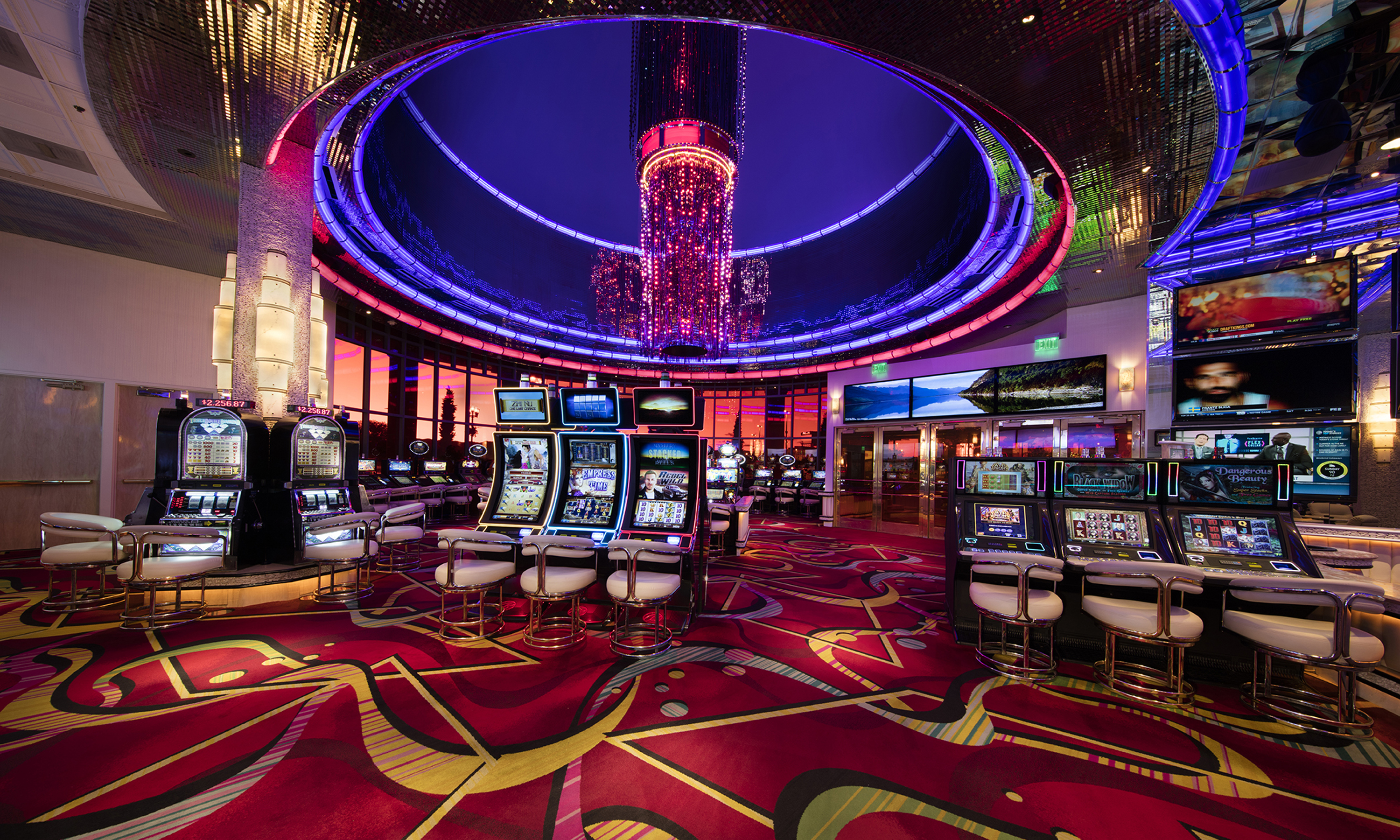
Casino games have long been a engaging entertainment option, drawing countless of players from diverse cultures around the globe. From the lively casinos of the Strip to the bustling gambling halls of the Cotai Strip, these games serve as a bridge that connects people across various backgrounds. The allure of fortune, tactics, and uncertainty entices not only those seeking to win money but also those in search of a shared experience.
The cultural impact of casino games extends far beyond the gaming floor. They often reflect the values and traditions of the societies in which they prosper. Games such as seven-card stud, 21, and the wheel game have woven themselves into the fabric of mainstream culture, influencing various aspects from cinema to fashion. As we explore this captivating intersection of gambling and culture, we can comprehend better how these games shape and are affected by the world around us.
Historical Development of Gaming Activities
The beginnings of gaming activities can be followed back to ancient civilizations, where betting in various forms was extensively practiced. In Ancient China, around two thousand three hundred years before Christ, a variant of gambling known as Keno was well-known, while in historic the Roman Empire, soldiers would often bet on the consequences of their games. The notion of using randomness for entertainment and gain evolved over the ages, leading to the formation of more structured games. By the end of the Middle Ages, betting houses began to appear in the continent, particularly in Italy, which introduced early forms of well-liked activities still played today.
As betting gained fame in the continent, the 17th and 18th centuries saw the emergence of gaming houses as exclusive locations for gambling. The earliest official gaming venue, the Ridotto, was founded in the Venetian city in the year 1638, featuring activities like the game of Baccarat and the game Faro. This era marked a crucial shifting point, as casinos started to welcome not just the wealthy but also the growing middle class. The sophistication of games increased, leading to the development of new rules and versions that improved the gaming experience.
In the 19th century, the era of industrialization and transformations in societal norms further changed the landscape of casino games. The introduction of roulette and modern slot machines pulled in a broader audience, and gambling establishments became seen as acceptable fun. This era witnessed the globalization of gambling, as gambling houses extended from European nations to the Western Hemisphere, culminating in the creation of the famous Las Vegas Boulevard in the 1900s. The evolution of gaming activities has persisted into the present day, including technology and online sites, rendering them accessible to a universal audience.
## Cultural Significance across Various Communities
Casino activities have significant social importance in numerous cultures around the world. Places like Las Vegas, the very core of the urban landscape is woven around casinos, where playing is not just a pastime but a fundamental aspect of leisure and community life. The dazzling lights and lively atmosphere attract countless individuals, showcasing how gambling activities can influence local economical structures and cultural identities. This setting transforms the notion of relaxation into an enriching event that influences fashion, melodies, and even movies.
Conversely, some societies view gambling with an air of caution, seeing it through the lens of morality and tradition. A case in point, in various Asian communities, games like Mahjongg and Pai Gow Gambling are full of history and carry significant social relevance. These games are often played during get-togethers and occasions, fostering collective connections and strengthening familial ties. The act of playing these games goes past mere entertainment, reflecting principles such as honoring elders and the significance of collective enjoyment.
At the same time, in Western countries such as Monte Carlo and Italy, casino games serve as symbols of wealth and refinement. The stylish atmosphere of these locations attracts both tourists and residents, upholding a sense of status and exclusivity. The art of Texas Hold’em and the strategic elements of games like banker’s game are appreciated, influencing social dynamics and cultivating an attraction that fascinates a diverse audience. This underscores how gambling can concurrently reflect and influence cultural attitudes towards risk, gain, and community interaction.
Financial Influence and Tourism
Casino games play a significant role in the financial context of many areas, particularly those that depend significantly on tourism. The revenue produced from casino operations fuels local economies, creating employment opportunities not only within the casinos themselves but also in connected industries such as hotel management, restaurant services, and entertainment. This influx of tourists, drawn by the attraction of games and the overall gaming environment, stimulates expenditure across multiple businesses, contributing to the economic health of the region.
The presence of casinos often leads to the development of facilities, including lodging, transportation systems, and recreational facilities. These developments are essential in improving the overall tourist experience, making locations more appealing to tourists. Additionally, many casinos invest in local communities through support of events and philanthropic initiatives, further embedding themselves into the social fabric of the region. Such investment not only supports economic growth but also cultivates a positive image of the gambling sector.
Furthermore, the global popularity of casino games drives tourism competition, with locations vying to attract players from across the globe. Iconic locations like Las Vegas and Macau have become identifiable with gambling culture, drawing millions each year. This competitive edge encourages innovation and variety within the gambling sector, influencing developments in entertainment and accommodation that extend beyond their borders. Trang Chủ BJ88 The consequences of this visitor influx extend wide, impacting local financial health and cultural interactions on a worldwide scale.